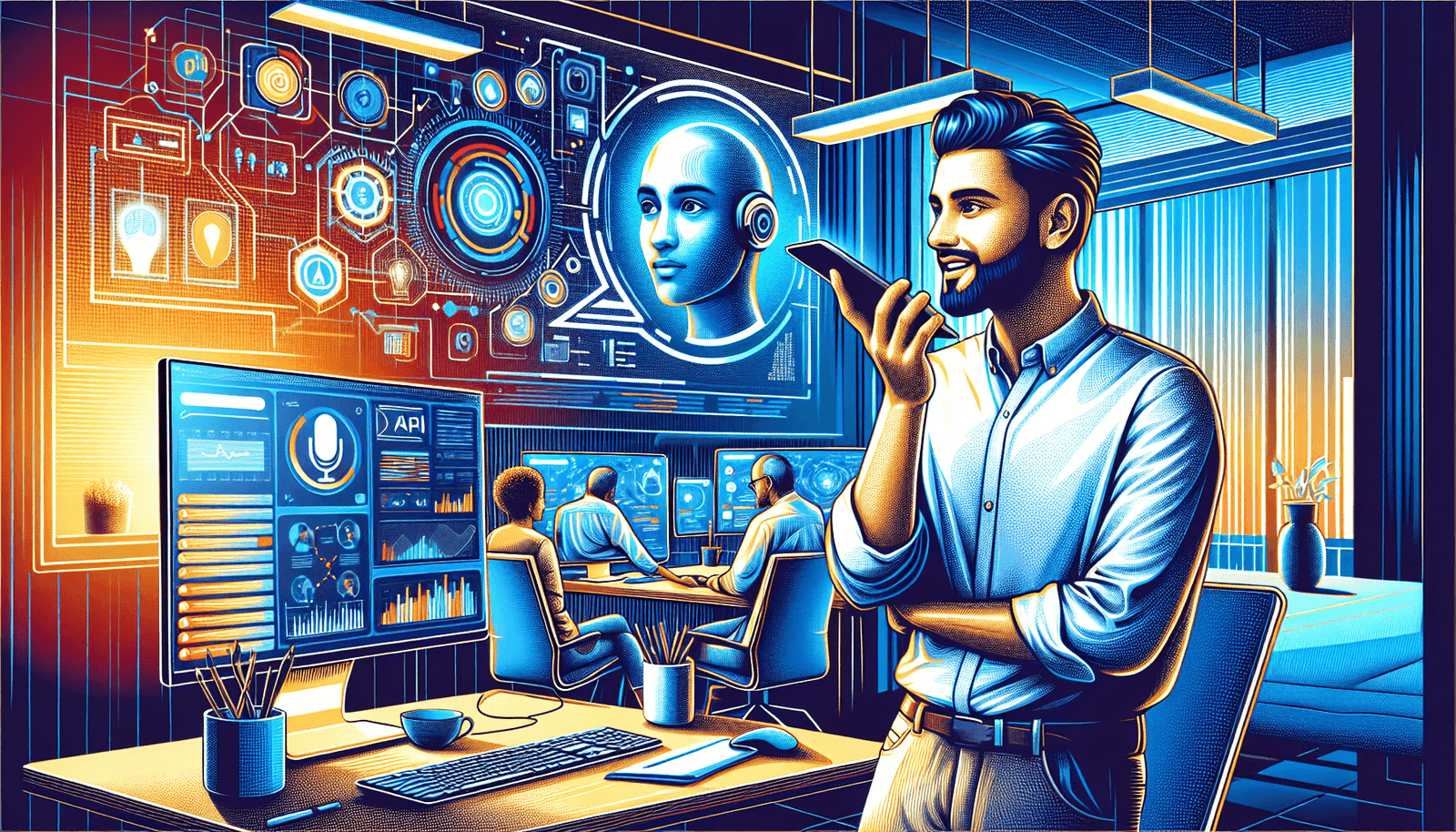How to Use AI to Improve Customer Experience
In the modern business landscape, enhancing customer experience is crucial for building loyalty, driving sales, and staying ahead of the competition. Artificial Intelligence (AI) has emerged as a powerful tool in this endeavor, offering a range of innovative solutions to personalize, automate, and streamline customer interactions. Here’s a comprehensive look at how AI can revolutionize your customer experience strategy.
Understanding AI in Customer Experience
AI customer experience involves leveraging AI technologies to augment customer interactions, streamline business operations, and ultimately boost customer satisfaction. This includes using machine learning algorithms, natural language processing (NLP), predictive analytics, and robotic process automation.
Key Ways AI Enhances Customer Experience
1. Personalized Recommendations
AI uses machine learning algorithms to analyze customers’ past behaviors, interests, and preferences. By identifying patterns such as product preferences or buying behavior, AI can recommend products or services that are highly relevant to each customer. For instance, if a customer frequently buys certain types of books, an AI system can suggest similar books they might like, improving the shopping experience and increasing sales conversions.
2. Chatbots and Virtual Assistants
AI-powered chatbots and virtual assistants are becoming increasingly popular for customer service automation. These tools can answer customer queries, resolve simple issues, and provide information instantly, 24/7. They can be programmed to answer frequently asked questions, process orders, and even provide personalized product recommendations. Chatbots can handle large volumes of queries without human intervention, ensuring swift and efficient customer support.
3. Voice Assistants and Natural Language Processing
Voice assistants like Siri, Alexa, and Google Assistant, powered by advanced AI and NLP capabilities, are transforming the way customers interact with brands. These assistants can understand and respond to spoken commands, answer questions, place orders, control other devices, and provide personalized assistance based on the user’s history and preferences.
4. Predictive Customer Service
AI can predict future customer behavior by analyzing large amounts of data, including order history, behaviors, and preferences. This predictive capability allows companies to proactively address potential issues before they arise, enhancing customer satisfaction and retention. For example, a fashion retailer might use AI to anticipate and resolve customer issues before they become major problems.
5. Real-Time Personalization
AI can modify the user experience in real-time based on the customer’s actions. For instance, if a customer is browsing certain types of products on a website, the AI can adjust the site’s content to highlight similar products, creating a highly personalized shopping experience. This real-time adaptation makes the customer feel valued and understood.
6. Seamless Omnichannel Experience
AI integrates data from diverse sources, including online, in-store, mobile, and social media channels, ensuring a seamless experience for customers. This integration allows customers to switch between channels without interruption, maintaining a consistent brand experience across all touchpoints.
7. Customer Segmentation
AI analyzes customer data to create detailed segments based on demographics, behaviors, and preferences. This segmentation enables businesses to deliver highly targeted marketing campaigns and improve the relevance of their messaging, leading to better customer engagement and satisfaction.
Real-Life Examples of AI in Customer Experience
Sephora’s Virtual Artist App
Sephora uses AI to enhance its customer experience with the Virtual Artist App, which employs Augmented Reality (AR) to allow customers to virtually “try on” different makeup products. This app scans the customer’s face and lets them see how different products look on their skin, making informed purchasing decisions more fun and interactive.
Starbucks’ AI-Driven Personalization
Starbucks uses AI to personalize customer experiences through its app and reward system. The AI tool, Deep Brew, suggests menu items based on a customer’s past orders, location, weather, and time of day, among other factors. This personalization not only enhances the customer experience but also boosts average order value (AOV) and drives loyalty.
Unity’s Automated Customer Support
Unity, a 3D development platform, implemented Zendesk automations and bots to manage a surge in customer support tickets. By using AI, Unity resolved significantly more customer requests without human intervention, deflected almost 8,000 tickets, and boosted its customer satisfaction (CSAT) score to 93 percent, saving roughly $1.3 million in the process.
How AI Automation Enhances Efficiency
Automated Triage and Sentiment Analysis
AI can automate the triage process, identifying and labeling customer intent, sentiment, and language. This automation helps customer service agents understand each customer’s needs better, reducing manual effort and improving response times. For example, Liberty London uses Zendesk AI to analyze customer queries, resulting in significant time savings and improved customer satisfaction.
Self-Service Tools
AI-powered chatbots and self-service tools empower customers to be their own advocates and problem-solvers. These tools can answer basic questions, provide related content, and help customers solve problems independently, reducing the workload for customer service agents and enhancing the overall customer experience.
Real-Time Sentiment Tracking
AI enables real-time sentiment tracking, allowing businesses to continuously monitor customer feedback across multiple channels. This capability helps companies respond promptly to both positive and negative signals, address issues before they escalate, and improve customer satisfaction. Real-time sentiment analysis also helps in forecasting customer behavior and refining customer interactions.
Ethical Considerations and Future Directions
As AI becomes more integral to customer experience, it’s crucial to address ethical considerations such as data privacy, transparency, and fairness. Ensuring that AI systems are transparent in their decision-making processes and that customer data is handled securely is vital for building trust.
In the future, we can expect even more sophisticated AI applications in customer experience, such as advanced predictive analytics, deeper personalization, and more seamless omnichannel experiences. As technology continues to evolve, businesses must stay adaptable and innovative in their use of AI to remain competitive.
Conclusion
AI is revolutionizing the customer experience landscape by offering personalized, efficient, and proactive solutions. From chatbots and virtual assistants to predictive analytics and real-time personalization, AI technologies are transforming how businesses interact with their customers. By leveraging these tools, companies can enhance customer satisfaction, improve operational efficiency, and drive long-term growth.
For more insights on how AI can transform your customer experience, visit neyrotex.com.
By integrating AI into your customer experience strategy, you can create a more personalized, efficient, and satisfying experience for your customers, setting your business up for long-term success.







